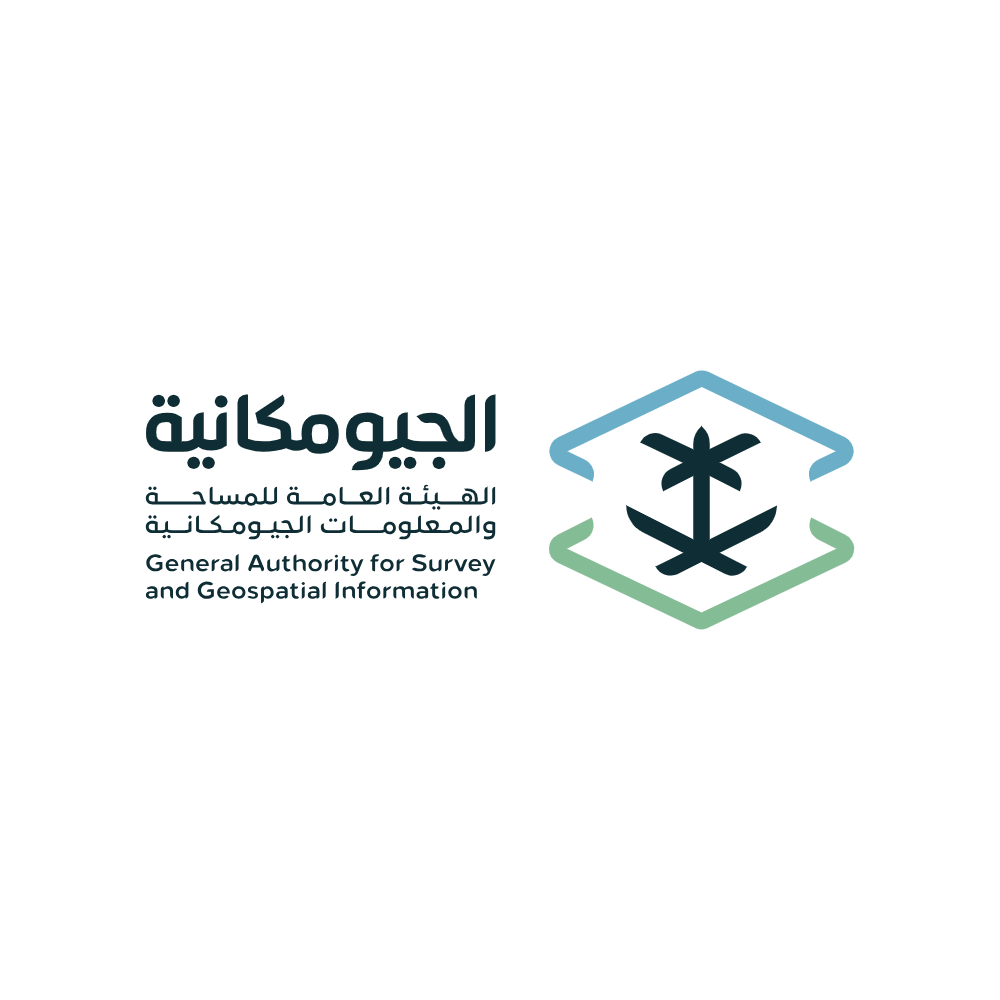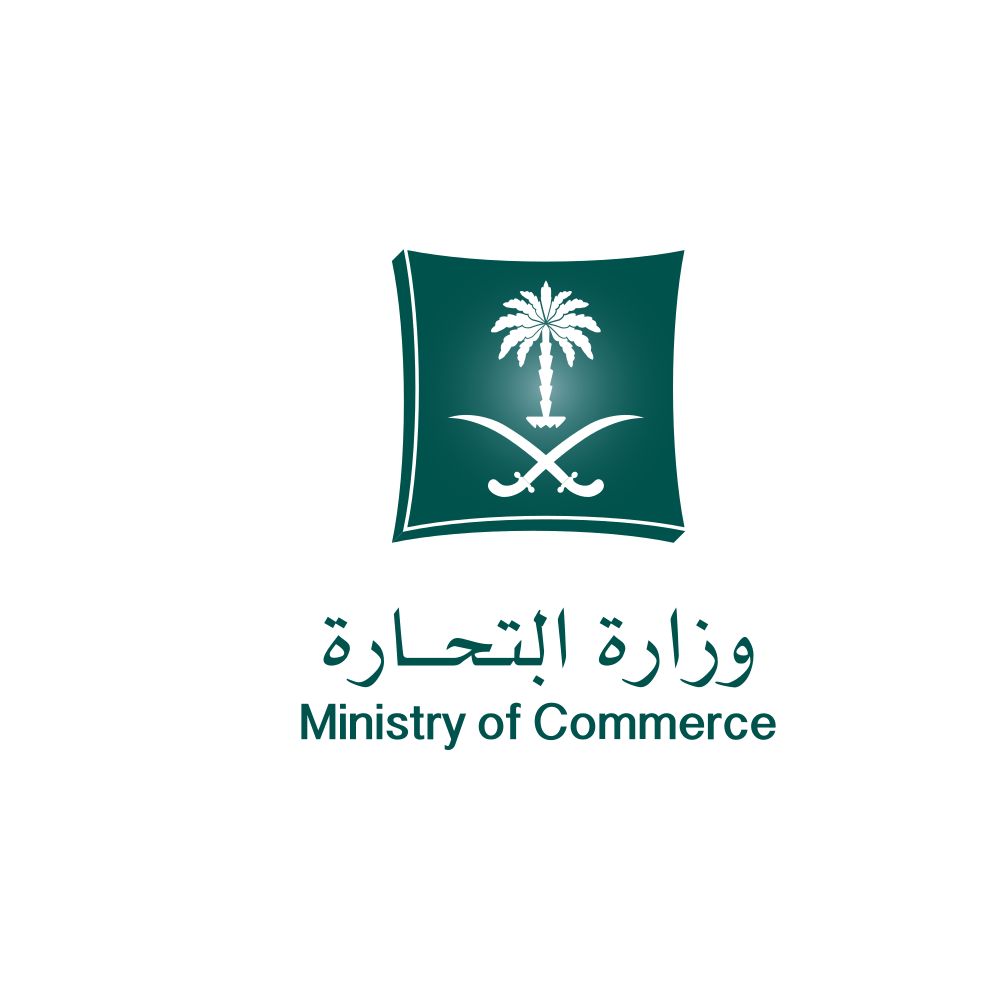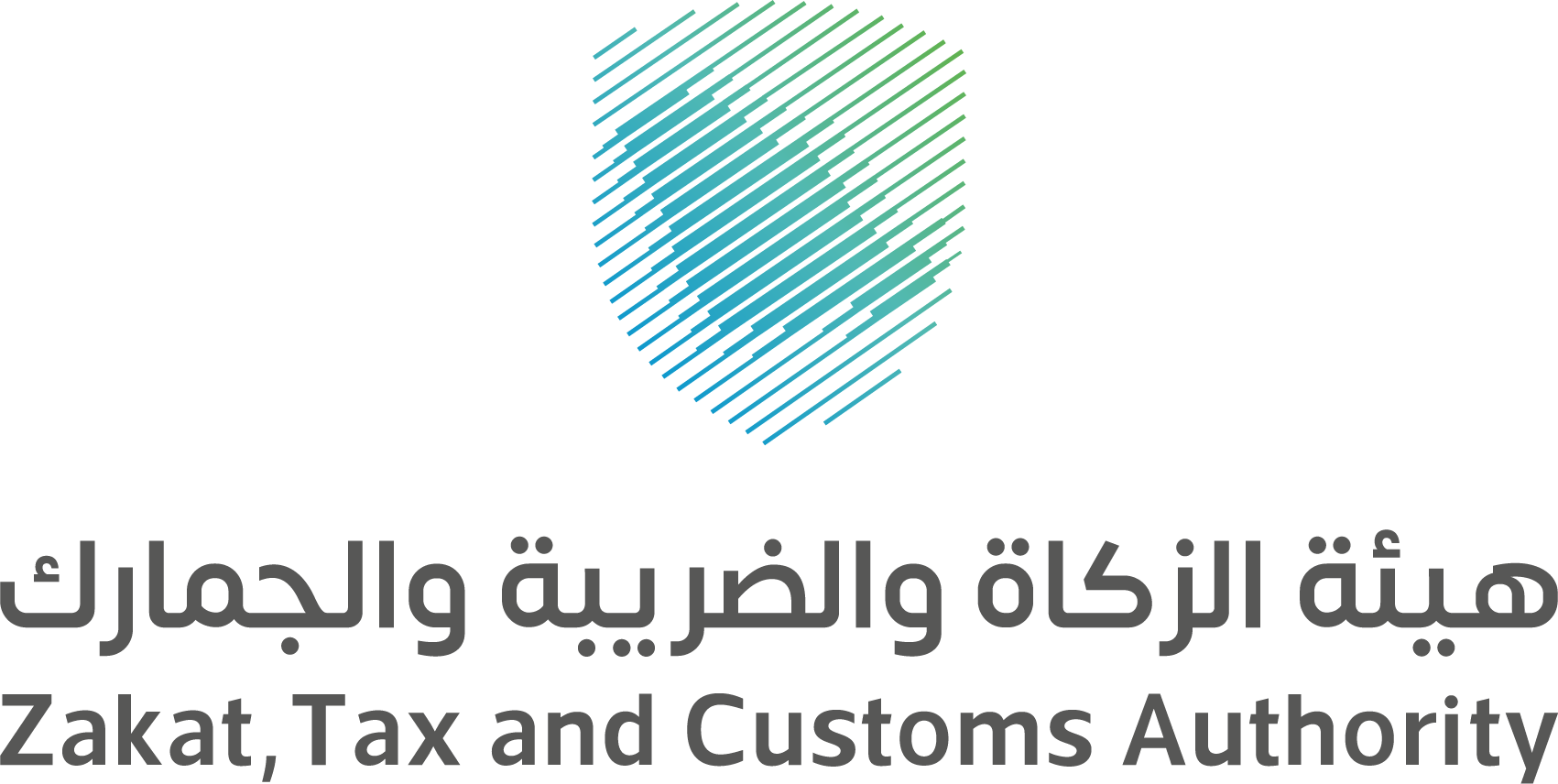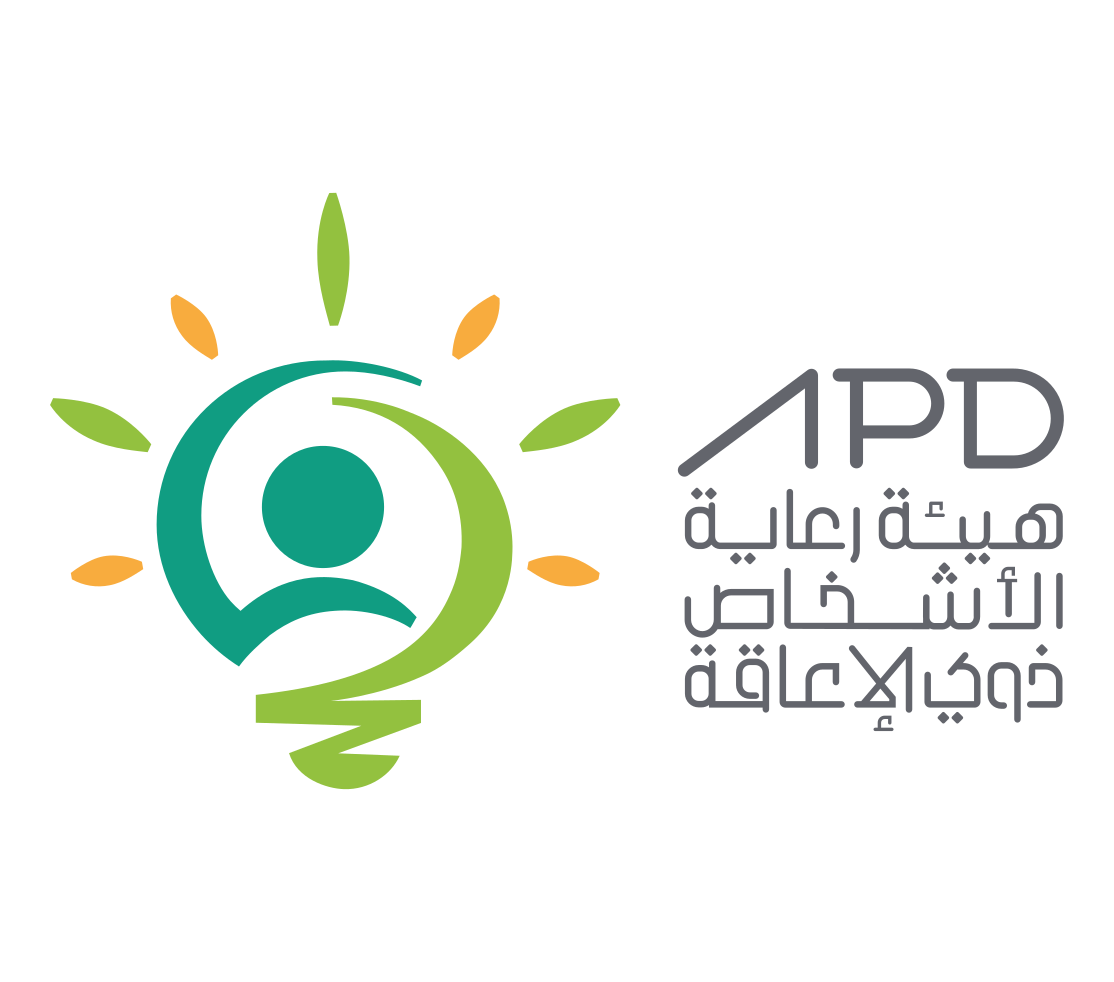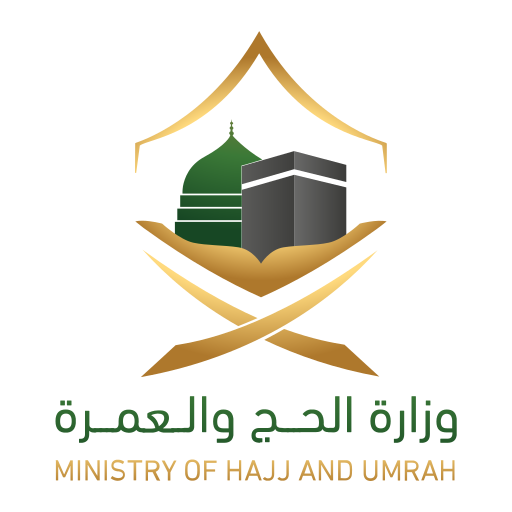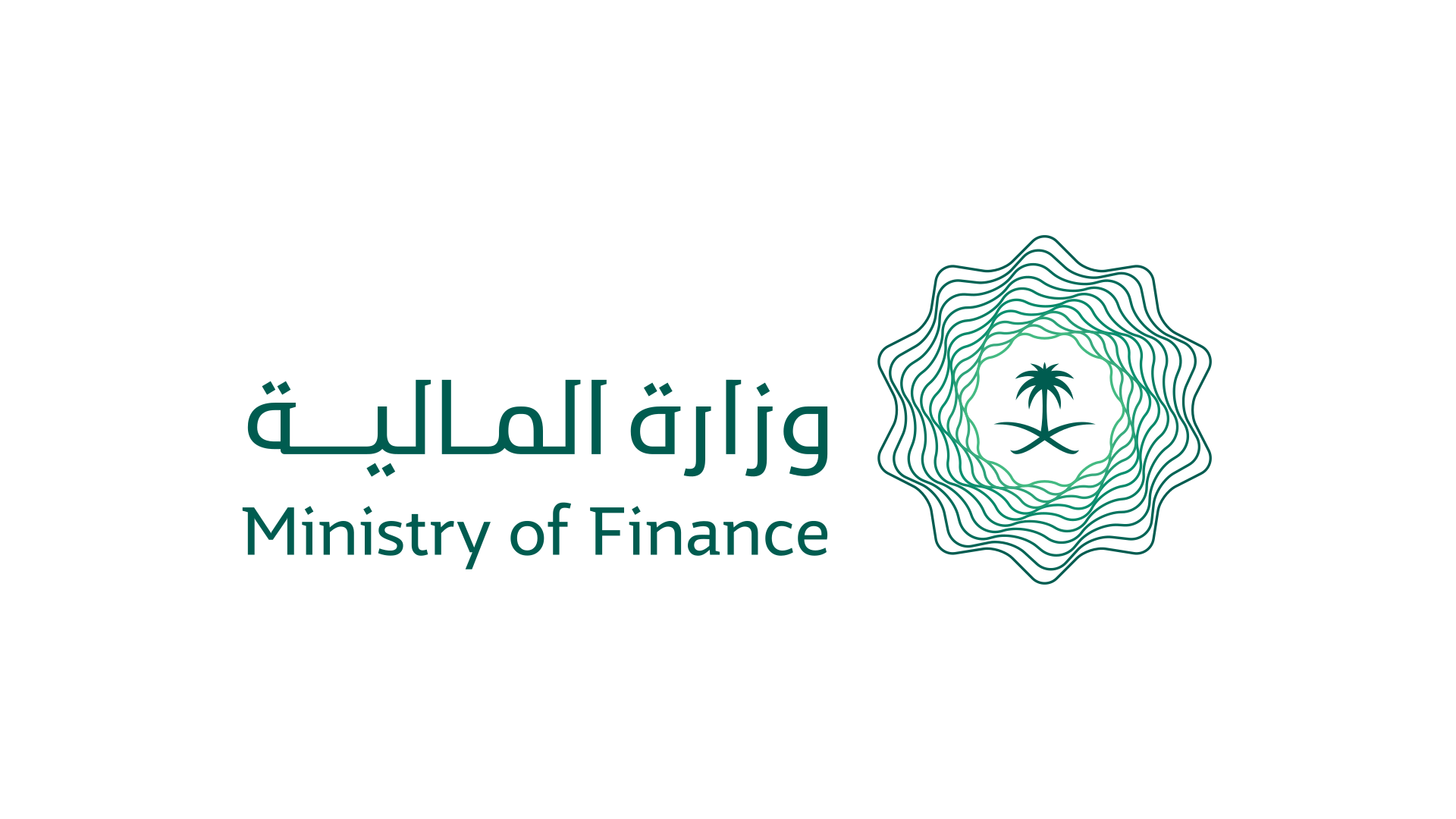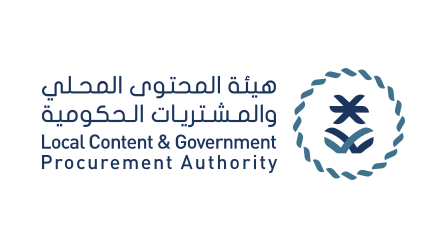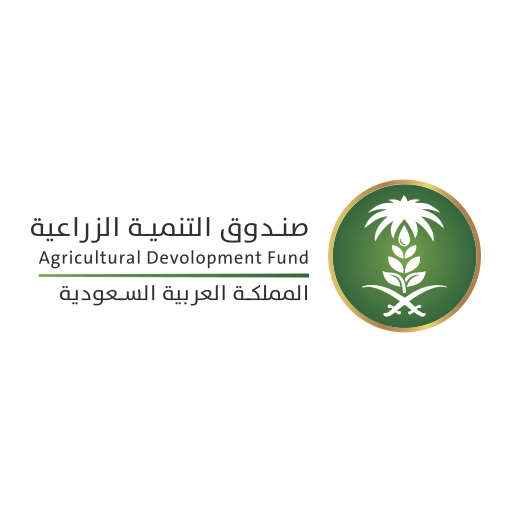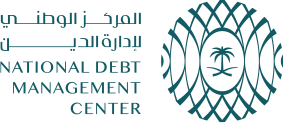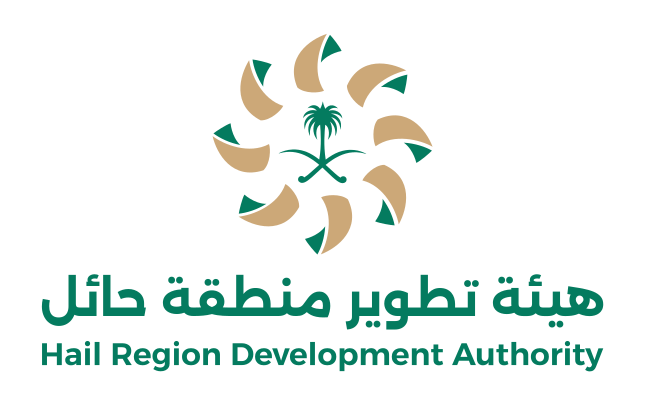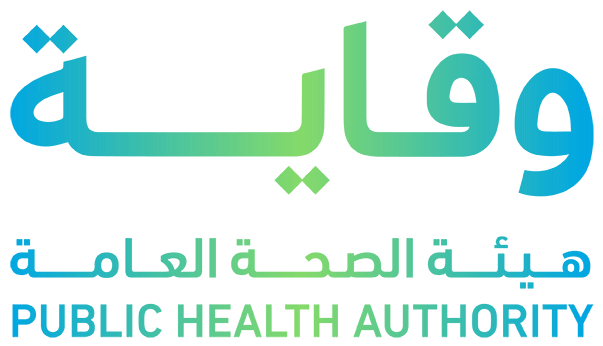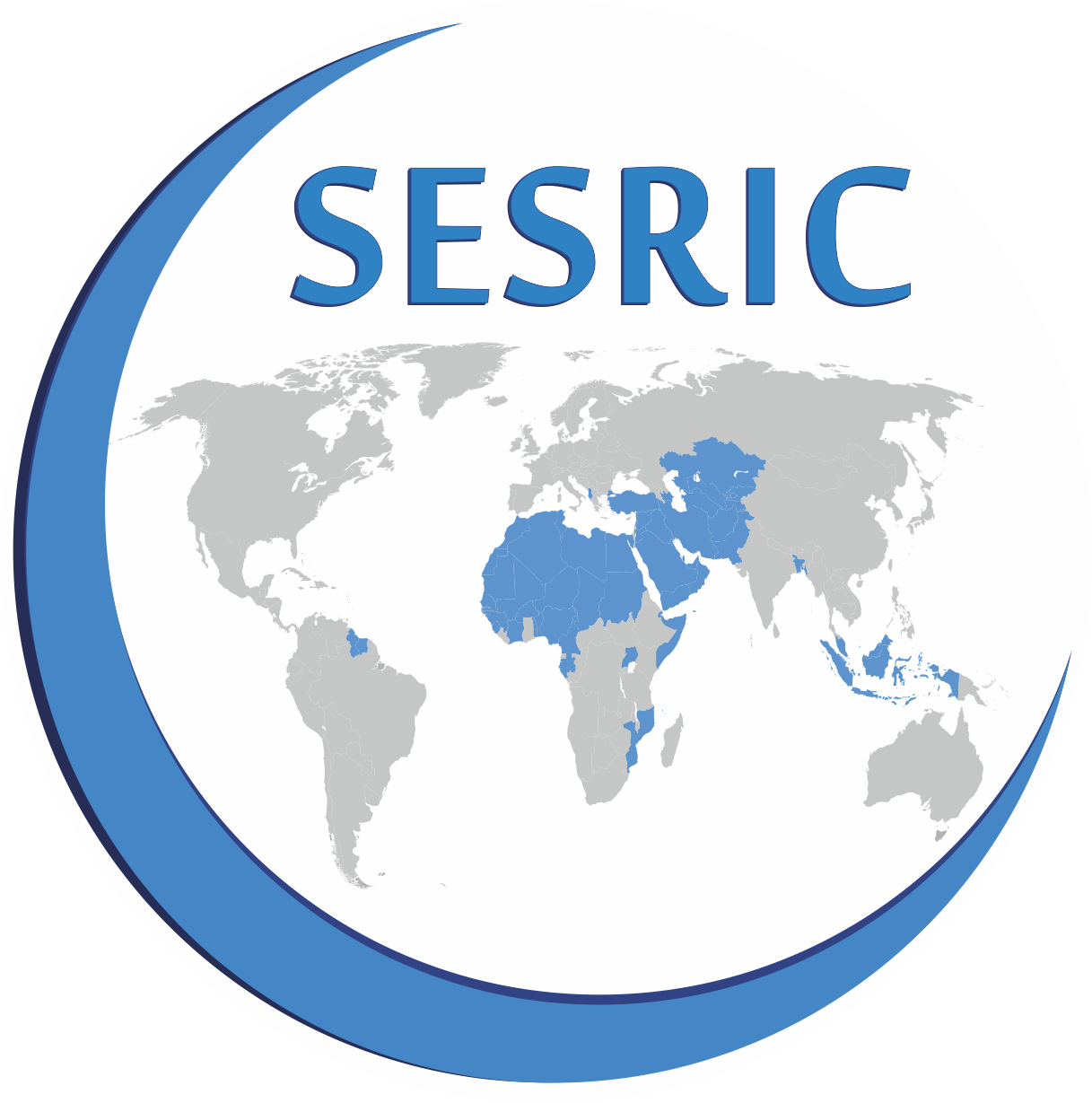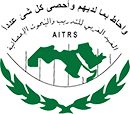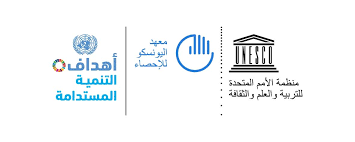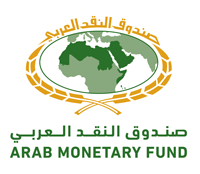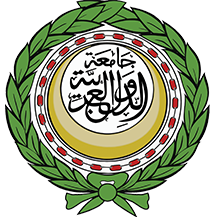Official government website of the Government of the Kingdom of Saudi Arabia
Links to official Saudi websites end withgov.sa
All links to official websites of government agencies in the Kingdom ofSaudi Arabia end with .gov.sa
Government websites use theHTTPSprotocol for encryption and security.
Secure websites in the Kingdom of Saudi Arabia use the HTTPS protocolfor encryption.
The General Authority for Statistics (GASTAT) is a government entity with an independent legal personality. GASTAT’s board of directors is chaired by His Excellency the Minister of Economy and Planning, and consists of the following members: Ministers of Energy, Finance, Human Resources and Social Development, Education, and Industry and Mineral Resources. In addition to the Director of National Information Center, President of the General Authority for Statistics, and two other members specialized in the statistical field.
GASTAT is the only official statistical reference for implementing, supervising, and regulating the statistical work in the Kingdom of Saudi Arabia. It provides statistical products in social, economic, and environmental fields to support policymakers and decision-makers in advancing the implementation of development plans.
Strategic Objectives
Strategic Pillars
Strategic Enablers

GASTAT Vision
To become one of the leading modern statistical institutes worldwide.
Statistical work started from an early stage in the Kingdom of Saudi Arabia in 1349 H., corresponding to 1930, to subsequently become organized and based on the General Statistics System that was issued pursuant to Royal Decree No. 23 on 7/12/1379 H., corresponding to 1/6/1960. Hence, the General Statistics System succeeded in organizing the Saudi Statistics & Information Sector through strengthening the relationship between the Central Department of Statistics & Information, which is a central statistical authority, and other entities so as to reinforce statistical work, as well as strengthen its impact on planning, and raise statistical awareness.
It is noteworthy to mention that statistical information constitute the results of the Saudi Statistics & Information Sector which were confirmed by the System by establishing a department in each ministry or government entity to collect relevant statistics, develop practical methodologies in agreement with and under the supervision of the Director-General of the Central Department of Statistics & Information, and adopt all technical and statistical instructions. Hence, such department shall also provide the Central Department of Statistics & Information with statisticts that are collected on a monthly, quarterly, bi-annual or annual basis. Since 1426 H., statistical work has witnessed a remarkable development at the organizational level through the issuance and adoption of a number of decisions that support statistical work process and reinforce the role of the statistics sector in the Kindgom. These decisions include the following:
The Council of Ministers Decision No. 284, dated 24/11/1426 H., to approve the recommendations of the Ministerial Committee with a view to ensure administrative organization of the results of the information
Studies and research sector study by virtue of which the Central Department of Statistics & Information was appointed as an official authority responsible of the Kingdom’s statistics and information
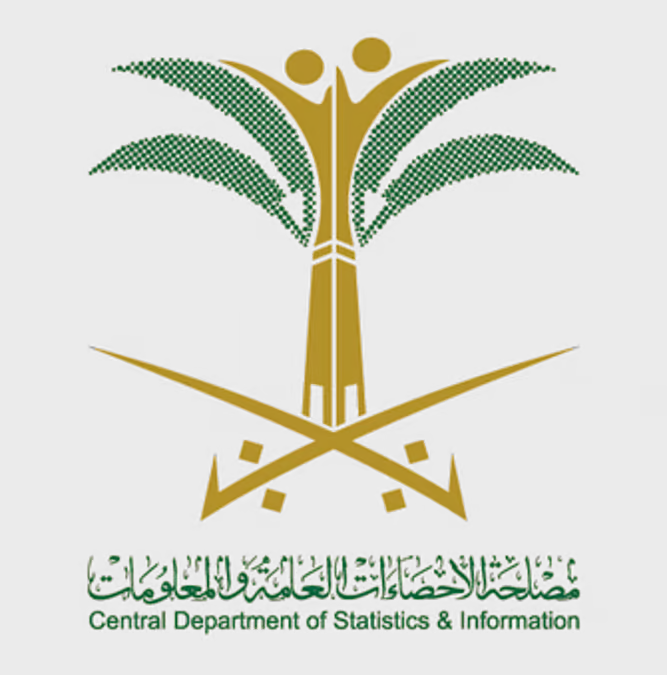
The Council of Ministers Decision No. 235, dated 16/7/1428 H., issued to approve the recommendations of the Ministerial Committee with a view to ensure administrative organization
Set forth in its 66th minutes to regulate the Central Department of Statistics & Information relationships with His Excellency the Minister of Economy and Planning

The Royal Order No. 64283, dated 26/12/1436 H., to transform the the Central Department of Statistics & Information into a public authority
Called the General Authority for Statistics that enjoys a legal personality and financial and administrative independence
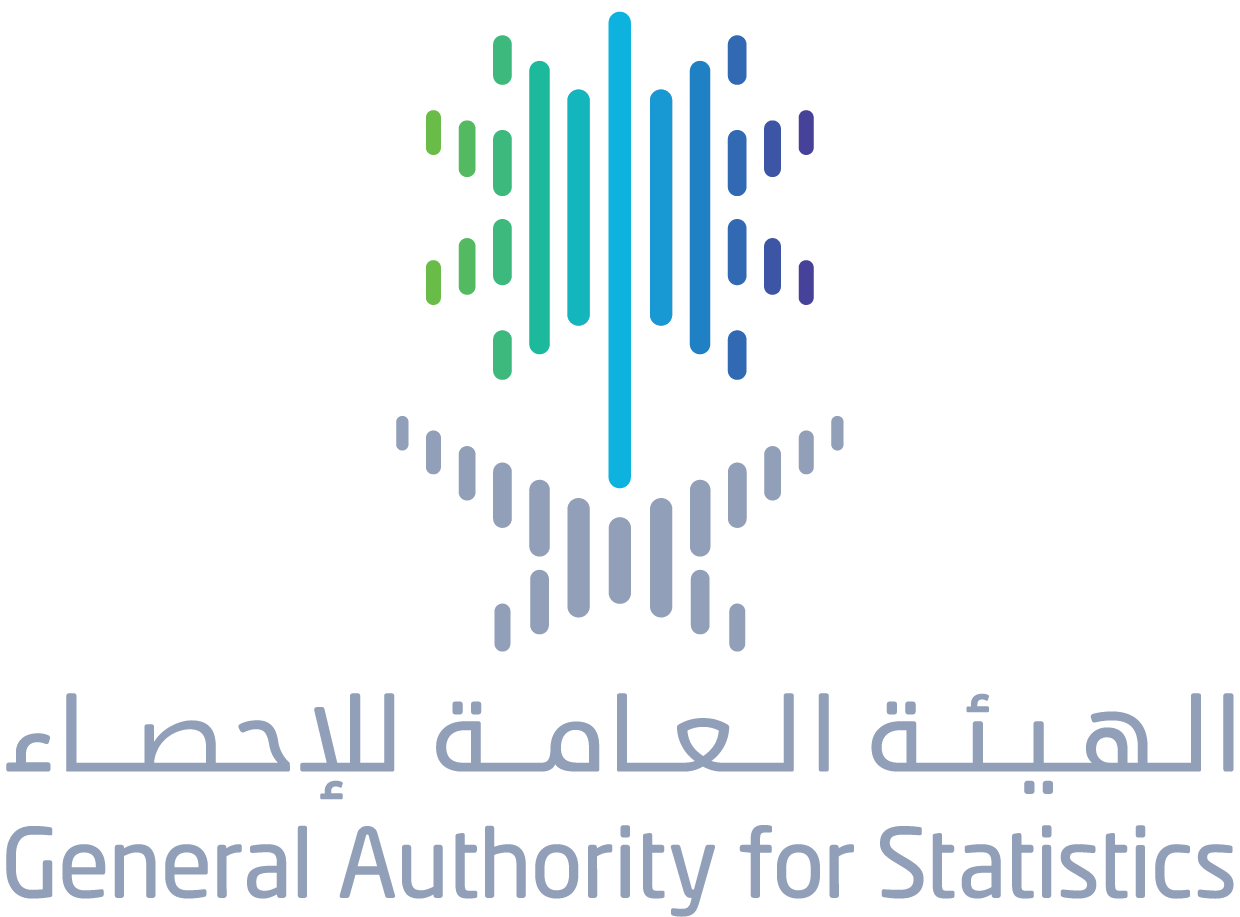
The Council of Ministers Decision No. 11, dated 13/1/1437 H., to approve the regulation of the General Authority for Statistics which was assigned to ensure the technical supervision and organization of the Saudi Statistics & Information Sector, as well as create a comprehensive system of national statistical databases through the development of a central information center at the national level that can be automatically associated with all public entities, as well as participation in the development of all information and statistical work systems to create a comprehensive, accurate and unified statistical system
The inclusion of Article 8 of the provisions of the regulation of the General Authority for Statistics, which confirms that the Board of Directors, consisting of representatives from 14 government entities, as well as a representative from the Saudi Chambers of Commerce and Industry and two experts in the statistics field, is responsible of managing and conducting the General Authority for Statistics’ affairs. This also confirms the formation of a Coodinating Committee that consists of a number of government entities and is headed by the Chairman of the General Authority for Statistics in order to reinforce the active participation in the coordination of the government entities’ statistics-related activities. The members of the present Committee shall have extensive years of experience in the same field

It is noted that these decisions that regulates the statistical work are intended to confirm that the statistical information and data sector is considered one of the Kingdom’s productive sectors that organize the production process of statistical data, information, studies, research and related services. Hence, the statistics and information sector consists of the General Authority for Statistics, along with a system of multiple statistical centers and units that were established within the administrative structures of government entities and some of the private sector institutions.
Saudi statistical data and information sector is one of the producing sectors that organize the production of statistical data, information, studies, research, and all related services. Statistics and information sector consists of the general authority for statistics, besides many public and private statistical units, centers, and institutions.
Saudi statistical work has started earlier in the Saudi developmental history. It has started since 1349 H- 1930 AD and lasted for 30 years. On 1st of June, 1960 AD, the statistical work was given a privilege by issuing a general statistics system (by royal decree number 23). This was the corner stone for the official statistical system which collaborated in organizing the statistical sector by consolidating the relations between the central department of statistics ,as a central statistical agency, and other sectors. The reason why this system was created is to activate the statistical work, make it more comprehensive and effective, and raise statistical awareness.
Many government sectors and ministries have founded statistical departments for the purpose of collecting each ministry's data and information and provide the central department of statistics with them periodically, monthly, quarterly, semi-annual, and yearly.
On 18/03/1416 H – 14/08/1995 AD the central department of statistics changed its dependency. By cabinet resolution number (55), it started to be part of the Ministry of Economy and Planning instead of the Ministry of Finance, Starting from 24/11/1426 H – 24/12/2005 AD until 13/01/1437 H- 26/10/2015 AD, many resolutions and regulations have been made. The most important of which are:
Cabinet resolution number (284) in 24/11/1426 H – 26/12/2005 AD the department becomes responsible for Saudi statistics and information, so its name becomes Central Department of Statistics and Information.
Cabinet resolution number (235) in 16/07/1428 H – 30/07/2007 AD the department is organizationally related to the Minister of Economy and Planning.
Key points of the relationships that the Gastat maintains with regional and international organizations
The General Authority for Statistics aims to strengthen Saudi Arabia's international statistical role through strategic partnerships with international and regional organizations, based on the significance of raising the level of international cooperation in the statistical field. It does this by attending meetings of these organizations, as well as their committees and workshops, and by encouraging the exchange of statistics and the transfer of knowledge and expertise within the international statistical community.
Bilateral memorandums of understanding with counterpart statistical agencies and international organizations
In order to improve statistical efficiency and facilitate the exchange of information, lessons learned, and best practices, the General Authority for Statistics is interested in establishing memorandums of understanding with international organizations and statistical agencies on a bilateral basis. The Authority has concluded several memorandums of understanding:
- Memorandum of understanding with Korea's statistics in the Republic of Korea.
- Memorandum of understanding with Netherlands statistics in the Kingdom of the Netherlands.
- Memorandum of Understanding with the Information and E-Government Authority of the Kingdom of Bahrain.
- Memorandum of Understanding with the UK's Office for National Statistics (ONS) .
- Memorandum of Understanding with the World Bank.
- Memorandum of Understanding with Statistical, Economic and Social Research and Training Center for Islamic Countries (SESRIC).
The successive crises in the field of energy, food, economics and finance that the world has witnessed recently have led to a noticeable increase in terms of quantity and quality in the request for statistical data and information. The statistics and information sector in the Kingdom of Saudi Arabia has had a great deal of it, given the prominent position that the Kingdom enjoys in the international system. And the essential role it plays at the regional and international levels. The remarkable progress of information and communication technologies has accelerated the demand for statistical information that is timely, comprehensive, reliable and flexible. At the national level, the continued development of the development path in the Kingdom also requires more accurate, comprehensive and timely statistics to support decision-making, policy-making, monitoring progress, and evaluating impacts and performance.
Continuing response to these increasing demands in quantity and quality requires the statistics and information sector in the Kingdom to find a mechanism that enables it to continue developing its work in a sustainable manner, and to keep pace with relevant developments inside and outside the Kingdom at the same time. Therefore, the sector had to prepare a national strategy for statistical development, which is considered the first of its kind in the Kingdom, under the supervision of the General Statistics and Information Service, as the central statistical agency and its regulator. This step also comes in line with what was included in the general framework of the unified statistical strategy of the Cooperation Council for the Arab States of the Gulf, which was approved by the distinguished Council of Ministers in the month of Dhul-Qi’dah 1431 AH (October 2010 AD).
The statistic and information sector has considered the international standards while preparing the strategy, most importantly, the participation and contribution of the main doers in the information and statistics sector from users to producers of data and information in order build a real partnership that guarantees the adoption of the strategy by those who are concerned, also to benefit from the experiences, and join the efforts to promote this vital sector.
Current situation analysis: The analysis of the current situation of the statistics sector in Saudi Arabia, which is the base and starting point of preparing the strategy, has showed that this sector is an important priority to the country. The sector has also witnessed a remarkable progress in the statistical production- whether in administrative records or field work for census, surveys, and researches- in addition to the progress in the statistical systems, dissemination methods, and using the latest technologies. However, there are some obstacles and challenges that may face the statistical work and need to be solved in order to achieve a notable improvement in record time, these challenges include: lack of statistical awareness, numbers analysis by non-specialists, not referring to the main sources in some cases, lack of some information in administrative records, lack of providing the required data by some international groups and organization such as: (G20) where Saudi Arabia is a member, as well as inability in drafting and publishing statistical report,, etc.
Vision, Message, and Principals: Based on the analysis of the current situation of the statistical work as well as studying the demand on statistical data and information, the long-term vision was established for the statistics and information sector in Saudi Arabia (by the end of 1451/52H corresponding to 2030) aiming to establish “effective statistical and information sector that meets the needs of beneficiaries with professionalism, credibility and high quality”. The message of the sector and the principles of its work were explained which are based on the official statistics principles issued by the UN, and in accordance with the principles of the Saudi society, focusing on professionalism, integrity, transparency, participation, seriousness in work and results-based management.
Key Contributors: To implement the National Strategy for Statistical Development successfully, all the participants, such as users and producers of statistical data and information in Saudi Arabia, must work collectively and collaboratively to achieve the desired goal. Therefore, one of the most important pillar of the strategy is to pay a significant attention to the different classes, qualifications, and roles of the users. However, the primary role of the data producers is to produce, analyze as well as publish reliable and up-to-date statistical data and information, to meet the needs of the users in a timely manner. Furthermore, to raise awareness and promote statistical culture in the community.
The success of the Strategy requires bilateral, regional and international cooperation, as well as a more effective participation by the statistics sector in international forums, in order to follow up and contribute to the developments of statistical methodologies, standards, methods, and classifications processes.
Action Plan during the Tenth Development Plan Period of Time: The first phase of the implementation process of the National Strategy for Statistical Development, which extends throughout the entire period of the Tenth Development Plan (1437/36 H.-1441/40 H. – corresponding 2015-2019), focuses on strengthening current programs, enterprises, and activities. Such as the National Database Enterprise, as well as the statistical units, centers and departments’ efforts exerted in order to develop their businesses. The Statistics & Information Sector will seek to ensure the integration of these efforts, through the exchange of experiences among relevant entities in order to benefit from success stories and avoid mistakes repetition. The main objective of the first phase also is to highlight the efforts that will help in achieving the Strategy’s new objectives, such as conducting the 2020 General Population and Housing Census through the use of administrative records. Such efforts will serve in raising statistical awareness, increasing the use of statistical information and data, as well as addressing the growing demand for these data and information, through implementing relevant elements and making the necessary adjustments gradually.
Implementation, Monitoring, Assessment and Update: The National Strategy for Statistical Development is an iterative process which gradually improves, taking into account the lessons drawn from its implementation process. The Strategy is enriched by the developments occurring to national development action plans and strategies, as well as best international practices. The Strategy will be implemented through the five-year action and development plans, starting with the Tenth Development Plan, as stated above. Hence, all Statistics & Information Sector’s entities will prepare and implement detailed operational plans in relevant fields. The General Authority for Statistics (GASTAT) will be, therefore, in charge of supporting and coordinating these efforts in order to ensure their full integration.
It worth mentioning that achievements, results, and implementation level will be closely monitored, and an annual report on the Strategy implementation process will be prepared and published. Furthermore, two assessments for each five-year period (at mid-phase and after completion) and a periodic update of the Strategy will be carried out. This will be done based on the lessons learned from all of these elements and relevant developments occurring inside and outside Saudi Arabia.
National Statistical Strategic Plan’s Axes 2030
To accomplish the ambitious plan of the sector, the national statistical strategic plan has adopted five complete strategic axes including long-term objectives until the year 1451/52 H (2030) summarized as follows:
Using statistical data and information (demand) aims at:
- Providing continuous improvement in using statistical data and information correctly
- Keeping a high level of satisfaction from users
Statistical data and information production (supply) seeks to:
- Meet the needs of all users by providing easy-to-use statistical data and information at the right time
- Enhance the quality of the statistical services and products by applying the latest international classifications, methods, and criteria when collecting, processing, analyzing, and publishing data
- Increase the reliance on administrative records as a main source of official statistics
Latest technologies, specifically aims at:
- Using the latest technologies in every statistical work (in accordance with the developments and updates in the field)
- Improving the digital infrastructure
Communication and awareness, their main objectives are discussed below:
- Increasing the society’s statistical knowledge and awareness as well as emphasizing on the importance of statistics
- Building the knowledge of transparency, communication, and cooperation
Governing, which seeks to:
- Increase the effectivity of the statistical sector and decrease the gap between its components
- Improve the national human resources as well as attract citizens with distinguished skills
- Manage the financial resources efficiently and effectively
Long-term strategic objectives also include short-term objectives, which are:
- Real and continuous involvement of data and information users in the statistical work
- Considering the current and future statistical needs according to Saudi Arabia’s 2030 Vision
- Achieving a high level of satisfaction from statistical data and information users
- Meeting the needs of Saudi Arabia’s 2030 statistical vision in addition to Saudi Arabia’s international and regional obligations
- Joining the special data dissemination standard (SDDS) adopted by the International Monetary Fund
- Achieving the current and the future needs of Saudi Arabia’s membership in G20
- Completing the necessary elements to conduct the general census of housing and population 2020 through the administrative records
- Using new technologies in all the stages of the statistical work
- Achieving the electronic link between GASTAT and the administrative records
- Raising the society’s statistical awareness
- Activating the components of the statistical sector in stages
- Improving the national human resources by preparing a specific program for this
- Enhancing the strategic partnership between GASTAT and the various components of the statistical sector
- Building a result-based management knowledge
- Managing the financial resources efficiently and effectively




